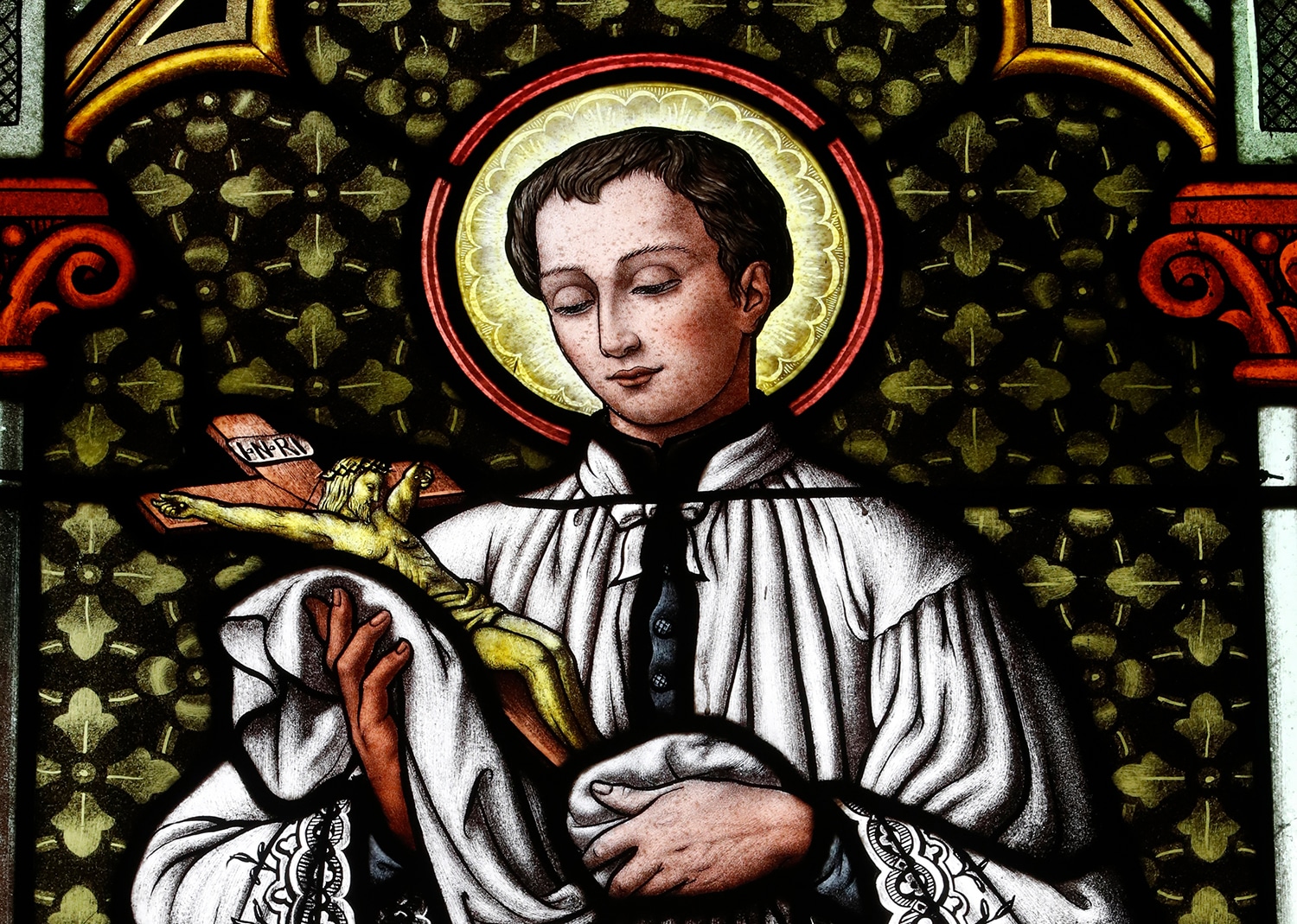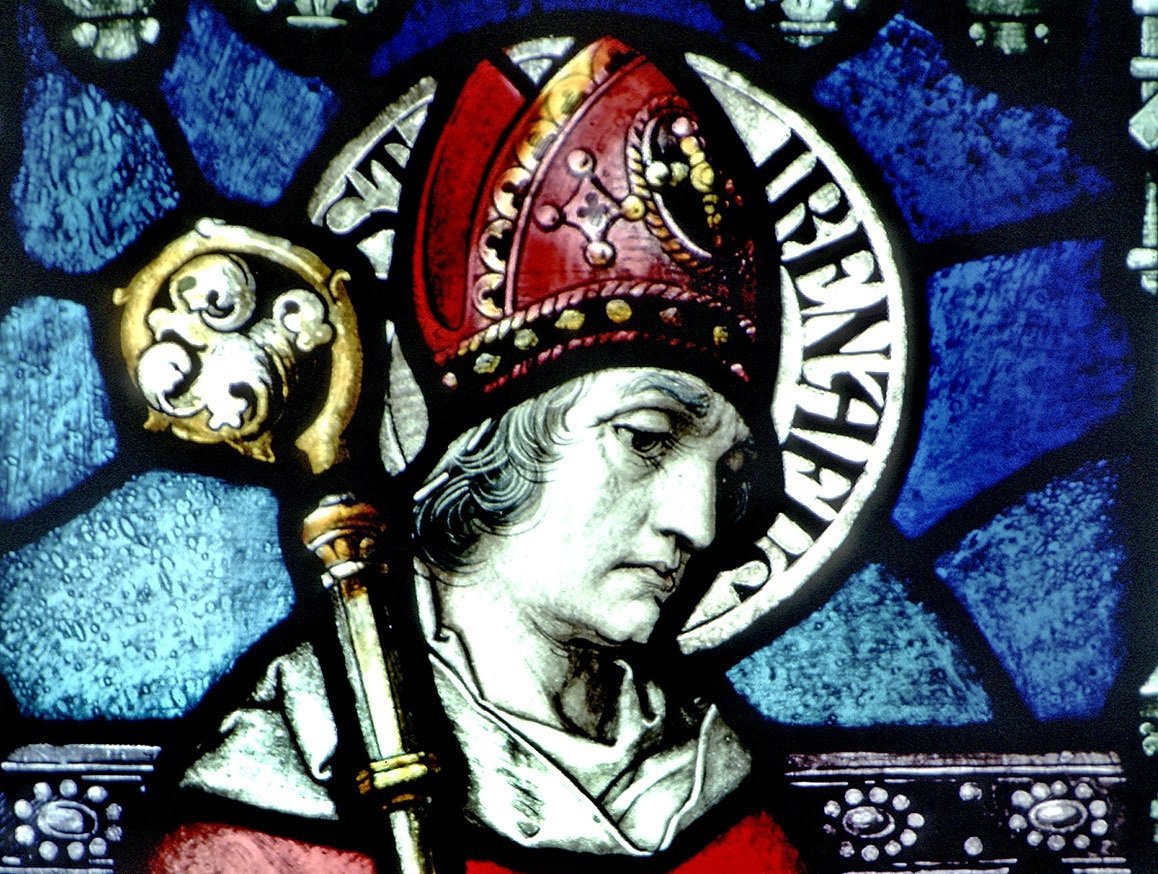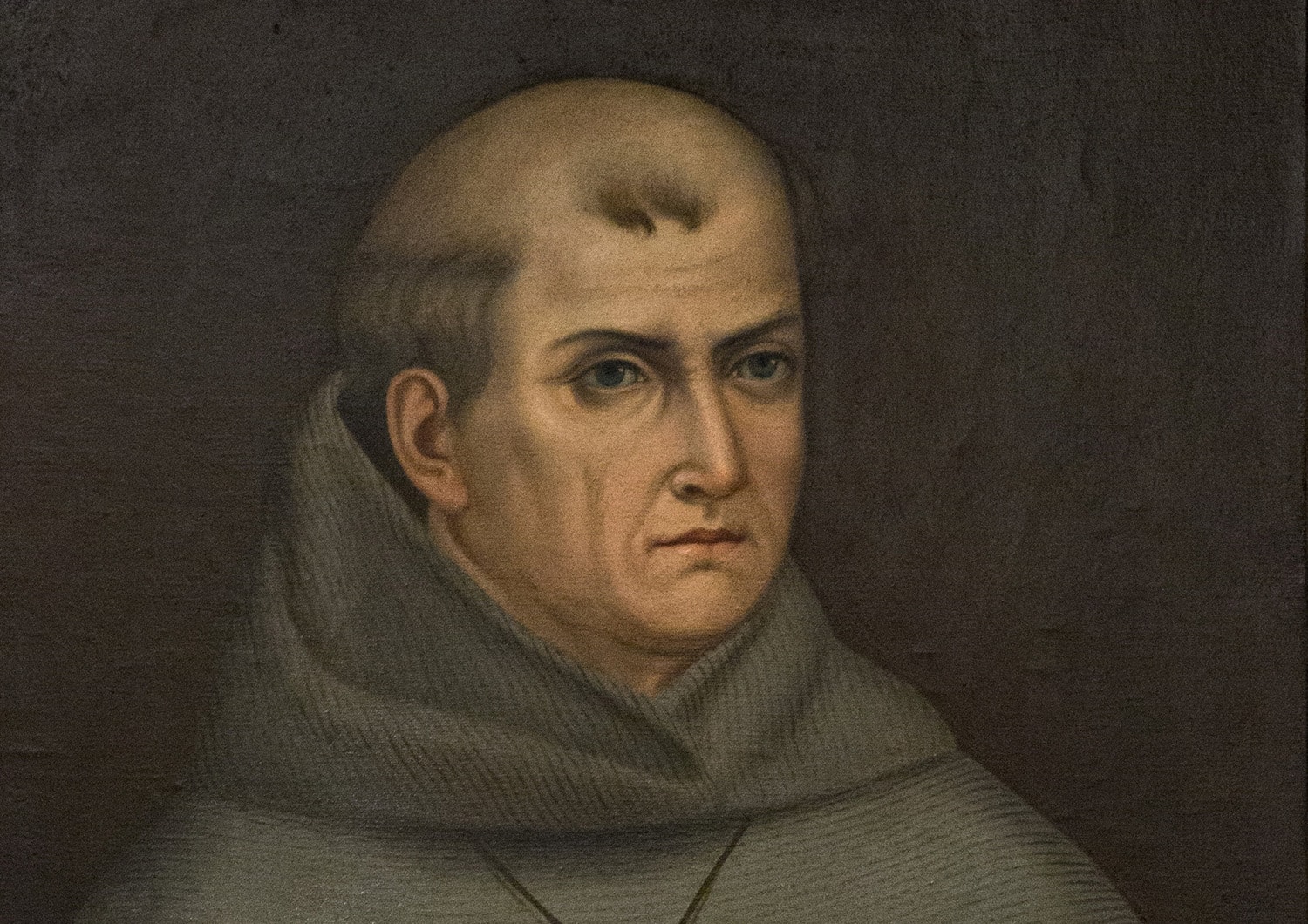St. Anthony of Padua, Priest and Doctor of the Church
Feast day: June 13
Known as the “Hammer of the Heretics,” St. Anthony of Padua was a Franciscan friar renowned for his preaching against heresies that diverged from the true Catholic faith. Baptized Ferdinand and born in Lisbon, Portugal, in 1195, he died near Verona, Italy, in 1231 after a brief life of 36 years. He used his knowledge of theology and philosophy, acquired from his initial formation as an Augustinian priest, to teach his fellow Franciscan friars on behalf of St. Francis of Assisi. St. Anthony was also a preacher of the virtues in many venues to all classes of people, including those in authority. His attitude was one of meekness to follow where God was calling him as he chose the religious life despite his family’s protests and then as he heard God’s call later to transfer from one religious order to another.
A man who talked to God often in prayer, St. Anthony departed his wealthy and influential family to join the Canons Regular of St. Augustine at age 15. It was from the Augustinians that he received his intellectual formation, which made him one of the most learned clerics in Europe at the beginning of the thirteenth century. St. Anthony was ordained to the priesthood at age 25.
However, his chance contact with the Franciscans for the first time caused him to discern a call within a call. Meeting five followers of St. Francis en route to preach to the Muslims in Morocco, St. Anthony was impressed with their simple Gospel-style life. Learning later that these five Franciscan friars had been martyred in Morocco, St. Anthony considered their fervent response in imitating the life of Christ so closely as to give their lives for our Lord. Eventually, he obtained permission from his superiors to join the Franciscans and, with this new form of life, he also took on a new name by calling himself Anthony after St. Anthony of the desert.
Shortly thereafter, St. Anthony set off with another Franciscan to die as martyrs in Morocco. However, not long after he had arrived there, he became very ill from a fever. Devoted to the will of God, St. Anthony left Africa and returned to Portugal, although this choice, too, was altered as his ship met with a bad storm and blew off course, finally landing on the island of Sicily. As he became well, he continued his responsibilities in Italy as a priest and also served his Franciscan community in the household tasks of cooking and cleaning.
Still, God had other plans for St. Anthony. While attending an ordination to the priesthood, the preacher failed to arrive, and Anthony’s provincial, ordered him instead to preach whatever came to his mind. Everyone was amazed at St. Anthony’s preaching capabilities, both in his oratory skill and in his great knowledge. From this time onward, he was called to preach in many places throughout northern Italy and southern France, especially in those areas with much heresy.
Using a fervent and zealous preaching style, he was also gentle and humble despite his great learning — qualities which inspired many to convert or return to the Catholic faith so much so that Pope Gregory IX called him “the ark of the covenant.” With a loud and clear voice combined with the gift of prophecy, he defended the powerless and the dignity of the human person, and God had many miracles happen through him as a sign of his faith. Crowds coming to hear St. Anthony preach often numbered about 30,000 or more, so many that he had to preach in the open air. He truly felt sorry for those living without the sacraments, and he spent hours hearing people’s confessions.
Although elected minister provincial of Emilia, he resigned this office and retired to the convent of Padua in order to have more time for his preaching. By 1231, the many journeys he had traveled and illnesses he had suffered impacted his overall condition. While dying, he was noted to be staring at something and when asked what it was, he said, “I see my Lord.”
St. Anthony was declared a Doctor of the Church in 1946 for his writings, including sermons and a teaching on the sacraments, especially Penance and the Eucharist.
Reflection
Dear Jesus, give me the courage and the love of you to follow wherever you call me to go. Help me to use what you have given me to help people love each other and respect your Church.
Prayer
Almighty ever-living God,
who gave Saint Anthony of Padua to your people
as an outstanding preacher
and an intercessor in their need,
grant that, with his assistance,
as we follow the teachings of the Christian life,
we may know your help in every trial.
Through our Lord Jesus Christ, your Son,
who lives and reigns with you in the unity of the Holy Spirit,
God, for ever and ever.







